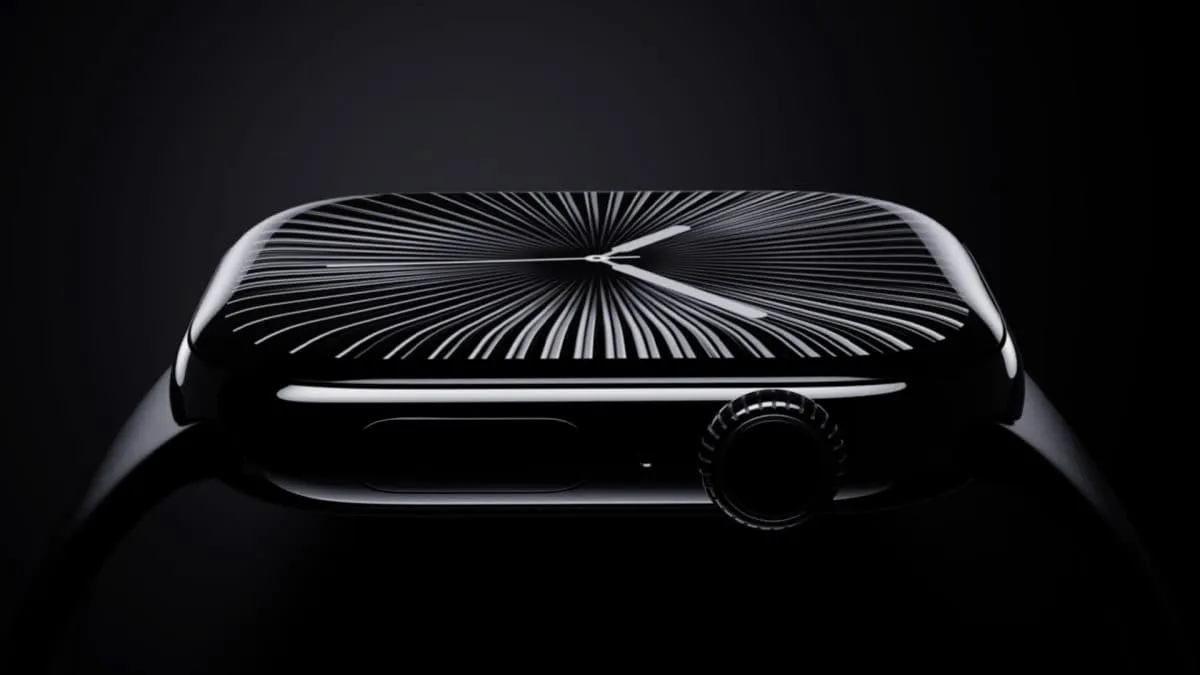FDA Approves Apple Watch Sleep Apnea Detection: A New Milestone in Health Monitoring

Introduction to Apple Watch Sleep Apnea Detection
The US Food and Drug Administration (FDA) recently approved one of Apple’s most significant health features — sleep apnea detection on the Apple Watch Series 10. This breakthrough not only marks an essential advancement in wearable health technology but also underscores the growing relevance of user-centric health monitoring.
Understanding Sleep Apnea
Sleep apnea is a widespread yet frequently undiagnosed condition characterized by repeated interruptions in breathing during sleep. With around 1 billion people affected globally, the risks associated with this disorder, including chronic fatigue, heart disease, and hypertension, emphasize the importance of effective detection methods.
How the Detection Feature Works
- The feature, named Breathing Disturbances, utilizes the Apple Watch's accelerometer to monitor subtle wrist movements during sleep.
- The device analyses these movements over time to identify patterns related to sleep disturbances.
User Recommendations
Every month, the Apple Watch compiles and reviews sleep data. If a pattern indicative of breathing disturbances is detected, it alerts users and suggests consulting a healthcare provider.
Impact on Public Health
Experts in sleep medicine consider this feature a significant leap forward in addressing sleep apnea, empowering users to seek timely medical advice and potentially reducing health risks associated with untreated sleep disorders.
This article was prepared using information from open sources in accordance with the principles of Ethical Policy. The editorial team is not responsible for absolute accuracy, as it relies on data from the sources referenced.